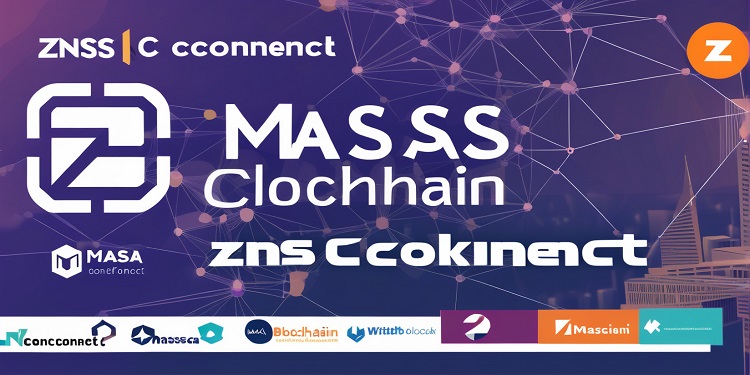In a significant move to bolster blockchain technology’s adoption, the Cardano Foundation has entered into a strategic partnership with the Argentine state of Entre Ríos. The agreement was formalized during a public ceremony, featuring key figures such as Rogelio Frigerio, Argentina’s Minister of Interior, and Rafael Fraga, a business development specialist from the Cardano Foundation. This collaboration highlights Cardano’s ongoing commitment to innovation and its strategic expansion into the Latin American market.
Charles Hoskinson, the founder of Cardano, recently emphasized the growing relationship between Argentina and the Cardano community. The formal signing with Entre Ríos is seen as a pivotal step in promoting blockchain technology in the region. The partnership is expected to leverage Entre Ríos’ dynamic economic and agricultural landscape, which has been rapidly expanding, to foster blockchain integration and growth.
Political Endorsements and Economic Implications
The Cardano Foundation’s venture into Argentina has garnered attention at the highest levels of government. Argentine President Javier Milei has shown active interest in blockchain technology, demonstrated by his retweet of Charles Hoskinson’s announcement about the partnership. Reports suggest that Hoskinson had discussions with Milei, focusing on expanding blockchain amidst ongoing conversations about cryptocurrency regulation.
Argentina’s engagement with digital currencies is also influenced by its observation of El Salvador’s pioneering efforts in integrating Bitcoin. Recently, senior Argentinian officials engaged in discussions with El Salvador’s National Digital Assets Commission (CNAD), exploring possible cooperative agreements on digital assets. This dialogue is viewed as a crucial step toward deeper involvement with cryptocurrency regulation.
In a related legislative effort, President Milei has put forward a proposal to Congress, advocating for a groundbreaking bill aimed at removing tax obligations on cryptocurrencies. Known as the “Law of Bases and Starting Points for the Freedom of Argentines,” this proposed legislation seeks to eliminate taxes on digital assets. The move is part of a broader strategy to address Argentina’s staggering inflation, which reached a staggering 147% in 2023, and aligns with Milei’s pro-Bitcoin stance.
Cardano’s Strategic Focus Amidst Market Criticisms
Despite facing scrutiny over its stagnant price performance and perceived lack of market visibility, Cardano remains focused on substantive, real-world applications rather than the transient hype often seen in the cryptocurrency space. Critics have pointed out the absence of popular elements like games, meme coins, or significant token drops within the Cardano ecosystem. However, Hoskinson reiterated that the platform’s strategic direction is geared towards meaningful and lasting solutions, particularly in sectors like public administration.
The recent collaboration with Entre Ríos stands as a testament to Cardano’s approach. By aiming to drive blockchain adoption within public administration, the partnership with Entre Ríos exemplifies Cardano’s dedication to deploying blockchain technology in practical and impactful ways. This initiative is expected to serve as a model for other regions, showcasing the potential benefits of blockchain in improving administrative efficiency and transparency.
Argentina is heating up! https://t.co/rzHOnv20nT
— Charles Hoskinson (@IOHK_Charles) June 5, 2024
Argentina’s Expanding Digital Frontier
The collaboration between Cardano and Entre Ríos marks a notable milestone in Argentina’s journey toward embracing digital currencies and blockchain technology. As the country grapples with severe inflation and seeks innovative financial solutions, the move towards digital assets and blockchain technology is gaining momentum.
Argentina’s increasing affinity for cryptocurrencies is shaped by a confluence of factors, including economic pressures and political endorsements. The government’s proactive stance on blockchain and cryptocurrency regulation, coupled with initiatives like the proposed tax waiver on digital assets, underscores a forward-thinking approach to addressing economic challenges and fostering technological innovation.
In conclusion, the partnership between the Cardano Foundation and Entre Ríos is poised to play a critical role in advancing blockchain technology in Argentina. This collaboration not only highlights Cardano’s strategic expansion into Latin America but also signifies a broader trend of growing interest and adoption of digital currencies in response to economic and regulatory dynamics.









